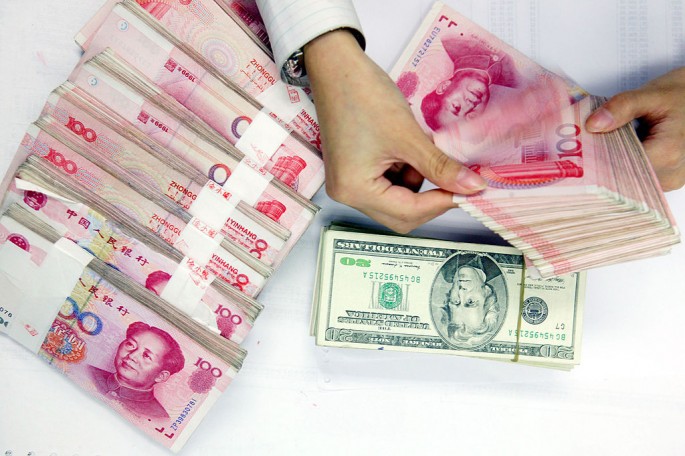China is taking steps to prevent more businesses from being victimized by illegal fundraising after a massive number of suspects were caught and punished last year.
According to the South China Morning Post, a group of 14 agencies convened on Wednesday to organize a crackdown on illegal financing activities which escalated to about 71 percent in terms of money and people involved.
The historically high record of illegal fundraising cases involved 57 people and about 100 million yuan ($15.4 million), 44 percent higher than last year.
The group is planning to overhaul the financing sector during the latter half of 2016 in order to determine the extent of illegal activities in private asset management, rural cooperatives, private equity and peer-to-peer (P2P) lending.
Effects to Financing Companies
According to The Wall Street Journal, newly established financing companies would be greatly affected by China's crackdown on illegal fundraising.
In fact, on April 22, the SCMP reported that these businesses can no longer acquire approval from local commerce authorities.
Apparently, new businesses with names that include "financial," "wealth management" and "fund management" will have to go through financial regulators first before acquiring approval to operate in a locality, particularly in Shanghai.
"[Shanghai] officials believe the administration for industry and commerce failed to effectively regulate the market. The suspension of business approvals is an administrative measure rather than a rule or regulation," an unnamed source told the outlet.
This as well as other motions were made in China due to the emergence of massive illegal financing activities last year.
Illegal Fundraising Cases
Last year, China's Supreme People's Court (SPC) was able to handle a total of 1.42 million P2P lending cases that involved as much as 820.75 billion yuan ($126.4 billion).
The Xinhua News Agency reported that SPC President Zhou Qiang's report presented to the annual parliamentary session indicated that courts of all levels in China were able to distinguish legal P2P lending from the unlawful fundraising activities based on the SPC's judicial explanation last year.
According to the SPC, P2P lending shall be recognized as a financial enterprise under certain conditions to satisfy investment and financing demands of both small and medium-sized businesses.
In his report, Zhou further noted that courts all over China were able to close a total of 58,000 illegal fundraising, financial fraud and other related cases where 72,000 people were convicted.
Furthermore, the SPC revealed its plans on studying Internet-based financial cases for just and fair trial guidance of Chinese courts.



























